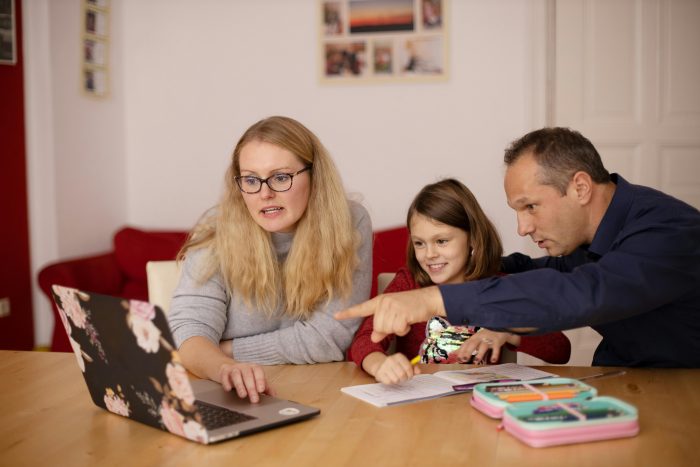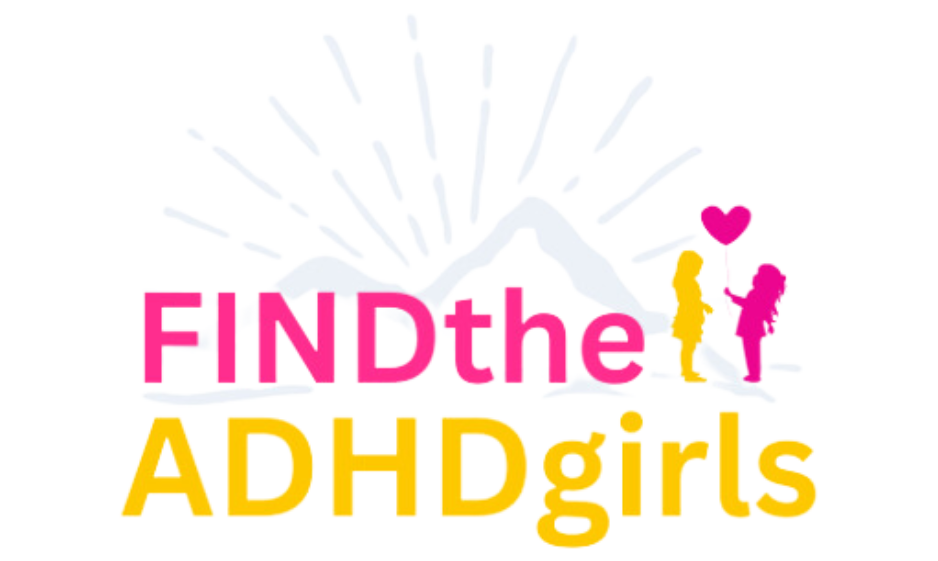
Do you think your daughter has attention deficit disorder, otherwise known as ADHD? Before you seek a diagnosis, educate yourself. The more you know, the better prepared you are to explain ADHD to your daughter. Also, a better understanding of ADHD will help you understand and support her. Check out ADDitudemag.com, CHADD.org, and CADDAC.ca for excellent and reputable information on ADHD. The more knowledge you have, the more comfortable you’ll be talking about ADHD with your daughter.
You Must Tell Your Daughter About Her ADHD
If your daughter has ADHD, telling her is the first and most important thing. If you keep your daughter’s diagnosis from her, it implies that ADHD is shameful and something to be embarrassed about. It’s not. She already knows she is struggling and that there is something different about herself; she just doesn’t know what. Start her off right by giving her the information and tools she needs. And that means telling her about her diagnosis. Do it as soon as you can; it’s never too early to start talking to your daughter about her ADHD.
Prepare to Explain ADHD to Your Daughter
Prepare what you will say after her diagnosis. Remember, your daughter already knows something is going on that makes her different. While an ADHD diagnosis may seem overwhelming, it’s going to be a relief to finally understand what is going on. So, keep that in mind as you prepare to talk to your daughter about her ADHD for the first time. Be honest but hopeful. Because there is hope. And the way you talk about ADHD now will influence how your daughter sees herself for the rest of her life.
Educational psychologist Dr. Liz Angoff offers this suggestion on how to start the ADHD conversation with your daughter:
“We learned that your brain is built in a way that makes your strengths (describe some of your daughter’s strengths) come easily and other things (describe some of your daughter’s challenges) much more difficult. It turns out you’re not alone. This pattern happens a lot, and we call it ADHD. Now that we know, our job is to make the most of your amazing strengths and find ways to make the hard things easier.”
Get Comfortable Talking about ADHD
If you’re uneasy talking about a topic, it shows. The same is true for talking about ADHD. So, get comfortable talking about it. This lets your daughter know there is nothing to be ashamed of. When you can confidently talk about ADHD with your daughter, it says that you believe in her. And reassures her that you believe in her abilities. Let her know she isn’t alone; you love her and are there to help her.
Be Direct and Clear
It’s too simplistic –and just not accurate – to say that ADHD is just trouble with paying attention. Instead, ADHD is a pattern of strengths and challenges that makes some environments easy to navigate and others much more challenging. You’ll want to be brief and age-appropriate in your words and concepts. Make sure to convey that ADHD is a difference in how her brain works, not a deficit or deficiency. In other words, ADHD is something she has, not who she is.
Here are suggestions from Dr. Liz Angoff on ways to talk about ADHD
- ADHD means your brain is built in a way that makes you unique and creative. But it also makes things like writing and waiting your turn more difficult.
- ADHD means your brain is noticing many things at once, but it may be tricky to focus on what your teacher is asking.
- ADHD means your brain enjoys new and exciting things, but it may be harder to learn things with a lot of repetition, like math facts.
Explain ADHD to Your Daughter with Positives and Negatives
You want the conversation to be reassuring and constructive, but you don’t want to sugarcoat it. Point out a few of the problems your daughter has because of her ADHD. Use concrete examples, like what she complains about, or you are constantly nagging her about. Stuff like trouble getting ready for school, losing her belongings, or not readily changing her clothes after school. At the same time, point out her positive qualities and capabilities, like her creativity, spontaneity, and resourcefulness. Know that it will be a relief for your daughter to have her struggles acknowledged.
Have a Positive Outlook
Stay positive and encouraging. This is so important. When you first talk about ADHD with your daughter and every time afterward, be mindful of her self-esteem. Be sure to tell her you know she tried her best. Remind yourself that children do well if they can. Talk openly and supportively with her, and make sure she feels loved and accepted. Focus on your daughter’s strengths and positive qualities. This helps improve her focus by exploring her interests and encouraging her to lean into them. And it makes a great demonstration of how well she can focus when she’s interested and engaged. Share inspiration with her, such as women with ADHD living extraordinary lives.
Examples:
- Simone Biles: Talented American gymnast and the youngest person to get the Presidential Medal of Freedom in 2022.
- Paris Hilton: Successful model, businesswoman, and media personality
- Emma Watson: Famous actress and UN Goodwill ambassador
- Solange Knowles: Grammy Award winner
- Karina Smirnoff: Performer on Dancing with the Stars
Embrace a Growth Mindset About Your Daughter’s ADHD
It’s easy to fall into a fixed mindset with ADHD. Limiting ideas such as “I’m not good at anything” or “everyone else is doing better than me.” can derail your daughter. On the other hand, a growth mindset is the belief that new skills, abilities, and knowledge can be attained through persistence and hard work. A growth mindset is much more effective in supporting your daughter.
Although ADHD is hard work with either mindset, the returns are much better with a growth mindset. For instance, there’s hope when the hard work is geared towards learning new things instead of barely treading water. So, cultivate the growth mindset, both in yourself and in your daughter. For example, if your daughter can’t do something now — it’s not yet. A growth mindset will help her learn new behaviors and improve her executive functioning skills.
Things you can say that inspire a growth mindset:
- ADHD is a part of who you are, but it isn’t the most important thing about you.
- Lots of brilliant and creative people have ADHD. It just means that you learn differently, and we will work together to find the best ways for you to learn.
- Sometimes, it may be harder for you to pay attention to your teacher. But that’s totally normal for children with ADHD. And it’s why we are finding new ways to help you listen.
Recap: Talking about ADHD with Your Daughter
- Describe ADHD to your daughter in a clear, concise way.
- Be honest, and talk about ADHD freely and openly.
- Point out her challenges as opportunities to learn and grow.
- Highlight her strengths to improve her self-esteem and resilience.
- Encourage her participation and feedback on ways she can manage her ADHD better.
- Support her with reassurance and that you love her and she is capable.
It can be daunting to talk about ADHD with your daughter, but you must. She needs that information to fully understand herself and improve her skills and behavior. So, keep lines of communication open. The success of your first ADHD conversation with your daughter will open up a whole new world of possibilities.
Enjoyed this? Check out more resources here.
Share via:
